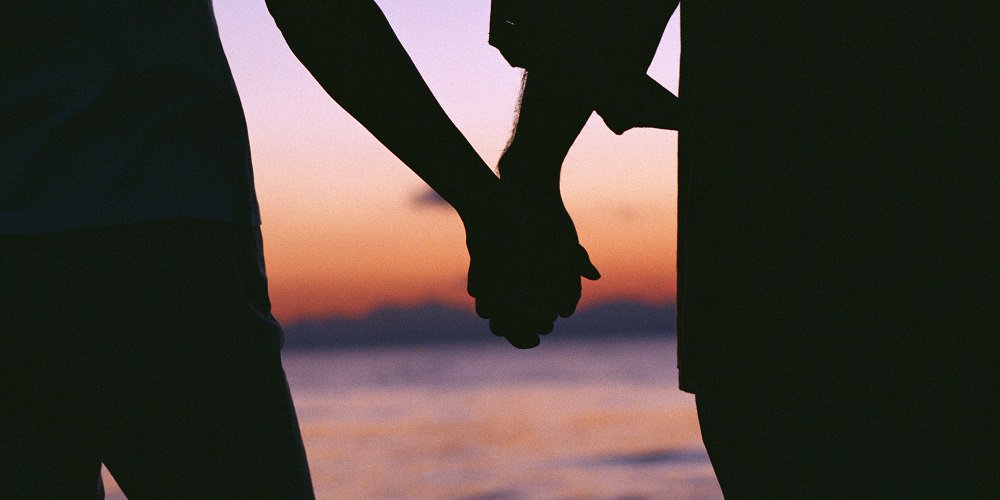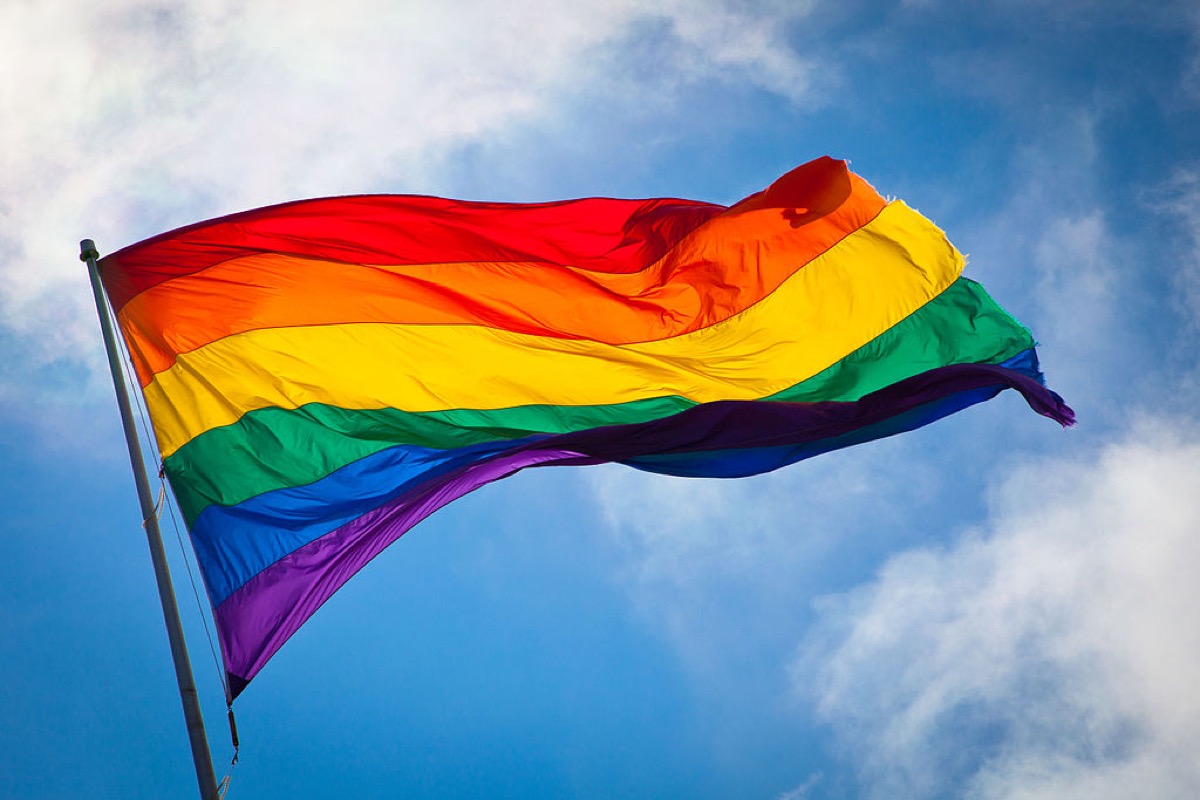How did the gay community become so frightened of old age?
'Honesty Is Like a Song in the Dark' tells the stories of three LGBTQ elders living in care.
By Will Stroude

For the past year or more, many LGBTQ people have spent a lot of time thinking about the past, encouraged to look back by the wide range of cultural events marking the 50th anniversary of partial decriminalisation.
We gawped at the artistic treasures on display in Tate Britain’s ground-breaking Queer British Art exhibition and the more radical perspectives on show in Coming Out at the Walker in Liverpool and Birmingham Museum.
At Queer Theatre, the National’s short season of rehearsed readings that included Martin Sherman’s Bent and Tarell Alvin McCraney’s Wig Out, we laughed, we cried and we even vogued gently in our seats (Wig Out was that good).
On TV, the BBC served up Against The Law, which anatomised the story of Peter Wildblood’s prosecution, while Patrick Gale’s Man In an Orange Shirt reduced many primetime viewers to blubbering wrecks. And the British Library’s exhibition Gay UK: Love, Law and Liberty put on display some of the key texts and artefacts of the past five decades.

Much of this wave of recollection and remembrance reminded some of us and taught the rest about how far we have come as a community over the past 50 years. But so much of it was mediated by curators of one sort or another. What many of us missed in all of this was direct access to the veterans of the struggle for LGBTQ rights and the first-hand testimony of those who were born into much less accepting times.
In the run-up to our 1980s clubland show, We Raise Our Hands in the Sanctuary, we conducted some queer oral history with members of Opening Doors, the London charity for older LGBTQ people.
It was profoundly moving to witness men in their late 60s and early 70s struggle with the most painful memories the first wave of the 1980s AIDS epidemic and the associated moral panic unleashed by the government and right-wing media. To hear that early ’80s safe sex advice in the community amounted to “Don’t sleep with Americans” was eye-opening.
Once upon a time, exchanges like that session used to happen in queer spaces. As playwright, director and novelist Neil Bartlett pointed out at a British Film Institute event a couple of years ago, LGBTQ pubs and clubs in the past were informal institutions where world-weary queens would gossip, natter and tell scandalous stories that taught starry-eyed youngsters about our hidden heritage without anyone realising they were being schooled.

“The place I learned about history was not by watching television documentaries or going on a queer studies course but talking to older queens in bars – and where are the arenas for that interchange now?” he asked.
But the inter-generational exchange was already eroding before the more recent money-driven erasure of queer space. There is a generational divide that runs through most communities in this country but the fissure has deepened into an almost unbridgeable chasm in LGBTQ-land, as the fetishisation of youth in gay male culture has commanded ever-increasing slice of the commercial capital.
Segmented by marketers, big data and apps, we live increasingly parallel lives, building our own echo chambers where we only meet people like us in almost every way – not least age, race and gender.
Old age, throughout this society, is not especially valued. We treat older people as a burden and most communities ship out the older family members to sheltered accommodation and care homes in a way that would have been unthinkable just a couple of generations ago. Such separation always encourages reductive stereotyping.

But older people are always surprising. During a recent workshop session we held with women residents at a care home in Pimlico, one 90-year-old lady recounted the story of a party once thrown by a friend of hers in their youth.
“When we arrived, she gave everyone a sticker with the name of a historical figure and we were supposed to find our match in the room,” she told us. “I was Mary Queen of Scots, but when I found my partner, I could tell right away that he wasn’t interested in me, he was much more interested in King George V!”
We hope that our new show, Honesty Is Like a Song in the Dark, which previews for one night only at the Albany this Friday (April 13), presents older queer people as characters who have something to teach us – about moments of regret, perhaps, and histories of shame, for sure, but above all about the importance of always answering the call of life.
Hatched: Inky Cloak presents: Honesty Is Like a Song in the Dark is at Albany Studio, Deptford, London at 7pm on Friday 13 April. For tickets click here.
